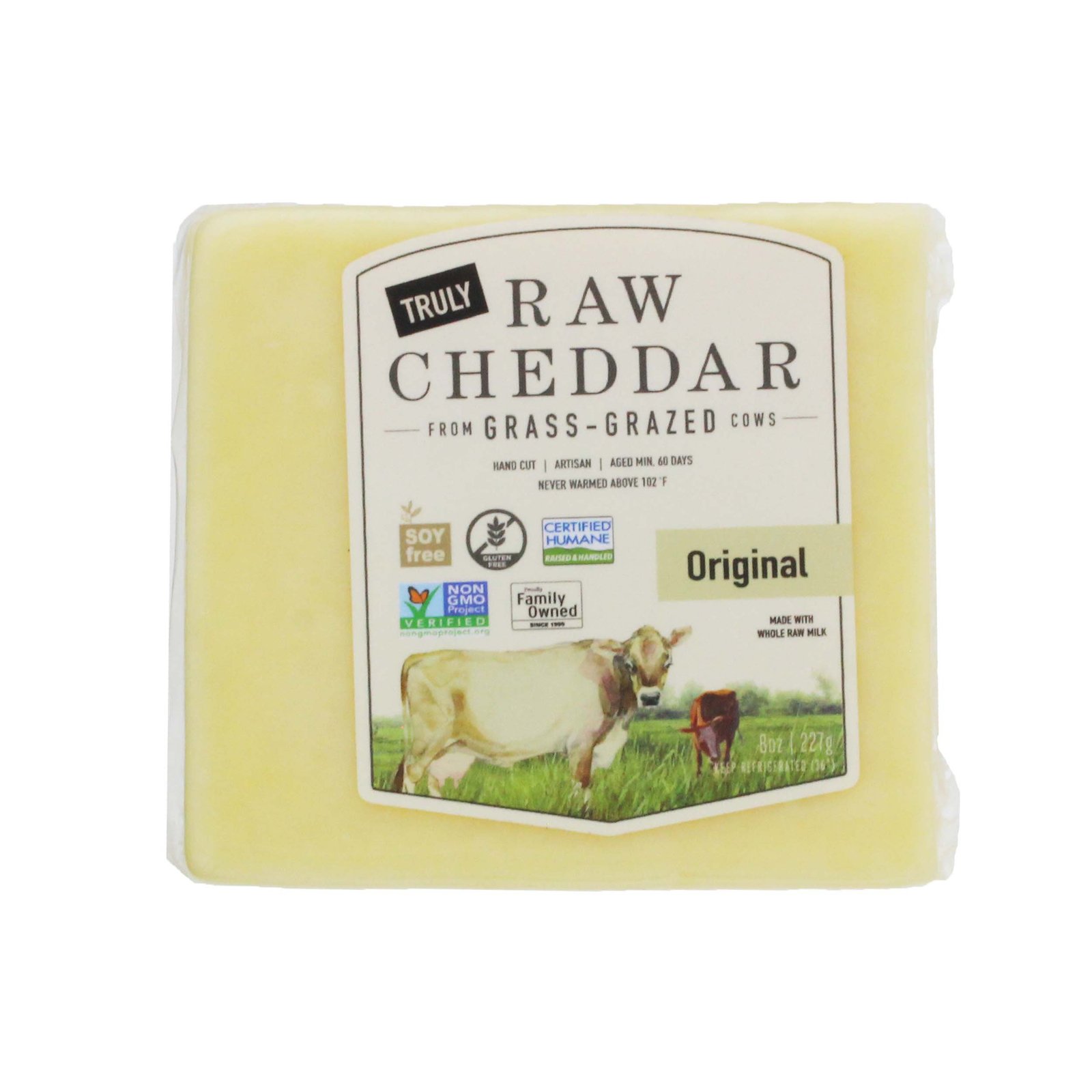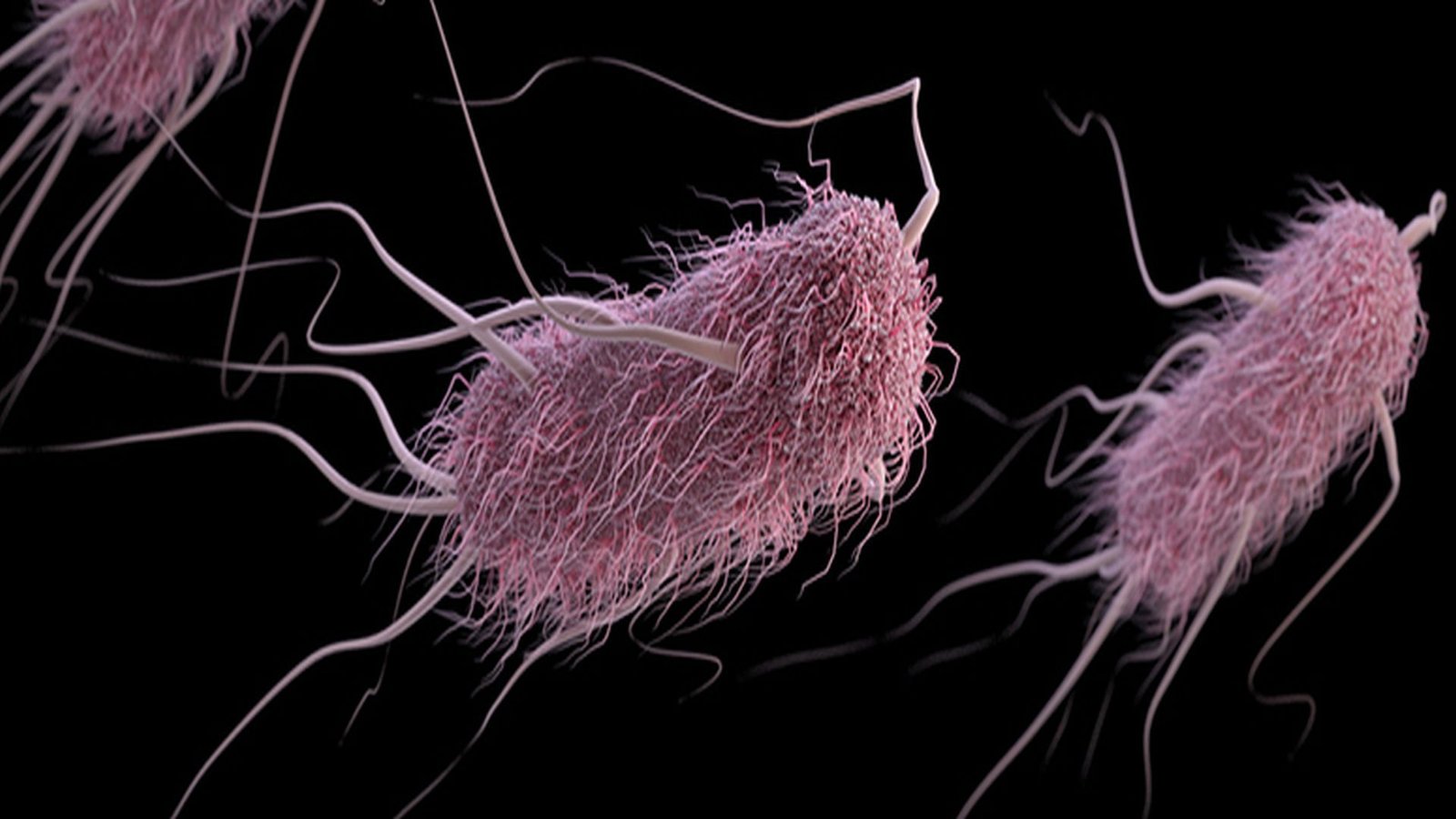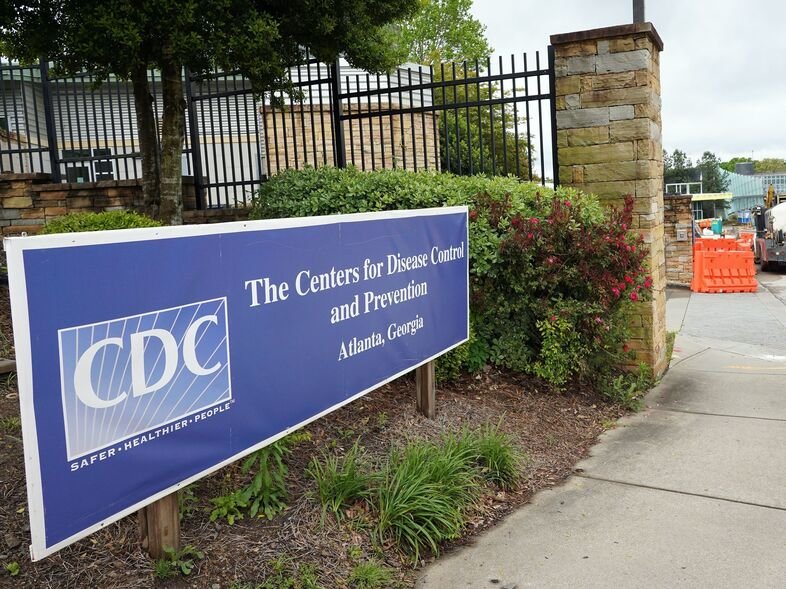At least ten people have become ill in four states due to an E. coli incident connected to raw cheddar cheese, which has prompted a recall from the Raw Farm brand in California and raised worries from health officials throughout the country. According to the Centers for Disease Control and Prevention (CDC), hospitalizations and a case of hemolytic uremic syndrome-a dangerous illness that can cause kidney failure-have been linked to the outbreak. California, Colorado, Texas, and Utah are among the states that are impacted; the outbreak period runs from October 18 to January 29.

E. coli Outbreak
The CDC cautions that the real number of afflicted people due to E. coli Outbreak may be far greater, even with the ten verified cases. The problem of tracking down every case is a result of the difficulties in identifying E. coli infections and the possibility that tainted products have been circulated outside of the first four states. This instance highlights the complexity of foodborne illness outbreaks, wherein extensive laboratory and epidemiological investigations are frequently required to identify the source and extent of contamination.
After consulting with the Food and Drug Administration (FDA), Raw Farm, with its headquarters located in Fresno, California, has decided to voluntarily recall several cheddar cheese products. In a statement, Raw Farm President Aaron McAfee underlined that no product had tested positive for E. coli. To protect customer safety, a preventive action led to the recall, though. The public was reassured by McAfee that every product now available is safe to eat, demonstrating the company’s prompt reaction to the possible health hazard.

For more information about this product follow the official page: https://rawfarmusa.com/raw-cheese
The block and shredded varieties of the original and jalapeño-flavored cheddar cheeses are included in the recall. The implicated items were marketed by Sprouts Farmers Markets and Bristol Farms, among other shops; however, the FDA has stated that the implicated products may be available at additional outlets. To stop more illnesses, the government is currently investigating the implicated cheese’s whole distribution network.
Six of the eight people questioned about the instances that were reported to the CDC had eaten raw cheddar cheese from Raw Farm. The public health response, which includes the recall and consumer advisories, has been greatly aided by this particular fact. Until the investigation is finished and it is determined that it is safe to resume consumption, the FDA and CDC have encouraged consumers to refrain from eating, selling, or serving the recalled cheese products.
Raw Farm goods have previously been connected to foodborne diseases. The company has had to recall its raw cheddar cheese and other dairy products, such as milk and heavy cream, due to salmonella infection in the last year. These events draw attention to the dangers that come with eating raw or unpasteurized dairy products since they may contain dangerous bacteria.
E. coli Outbreaks of foodborne illness like this one highlight crucial issues with food safety procedures, regulatory monitoring, and striking a balance between consumer choice and public health protection. Those who prefer natural or minimally processed meals have a devoted following for raw and unpasteurized dairy products. These goods, however, also run a greater risk of becoming contaminated with microorganisms that might result in life-threatening diseases.
The present E. Coli outbreak incident connected to raw cheddar cheese from Raw Farm serves as a reminder of the vital roles that manufacturers, authorities, and consumers all play in the ecosystem of food safety. Producers need to follow strict safety guidelines to avoid contamination; regulators need to keep a close eye on possible health hazards and take appropriate action; and consumers need to be educated about the foods they choose to eat, including the dangers connected to particular dietary preferences.
Health officials are attempting to find more cases and make sure the recall successfully takes all potentially tainted products out of circulation while the epidemic investigation is ongoing. In addition to Raw Farm’s preemptive actions, state and federal agencies’ cooperative efforts highlight how crucial it is to act quickly to safeguard the public’s health.
The outbreak also acts as a warning to customers about the possible risks associated with eating raw dairy products and to weigh the advantages and disadvantages of different dietary options. Food safety is a shared responsibility, and events such as these emphasize the need for ongoing cooperation, education, and attention on the part of all parties involved in the food supply chain.
For more news follow our webpage: https://www.brightstarnews.com/




